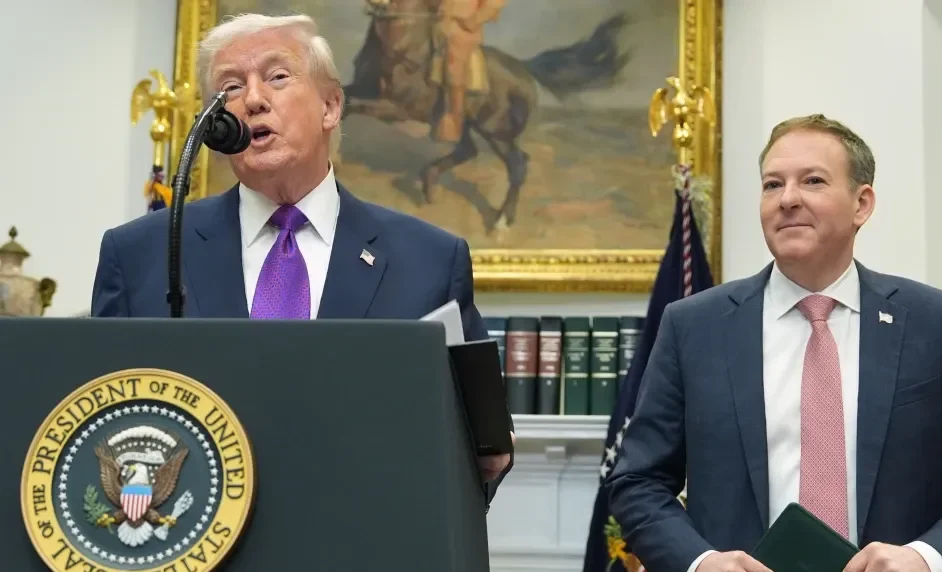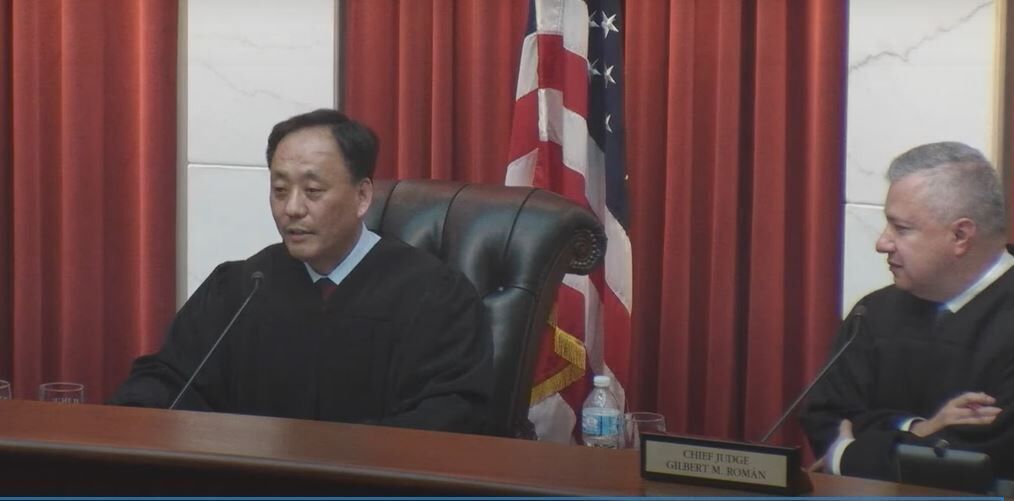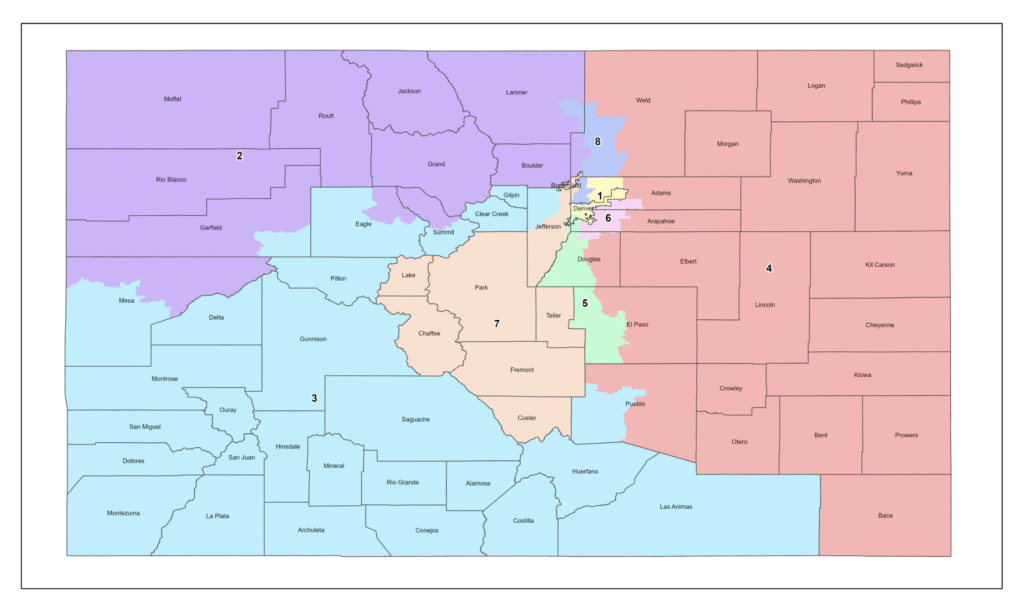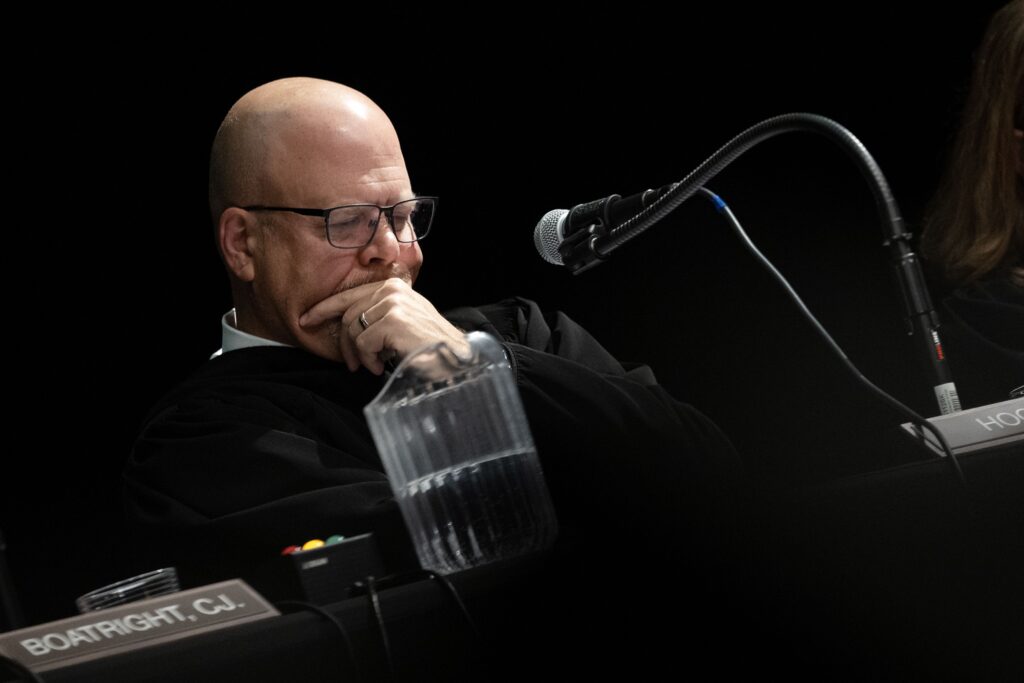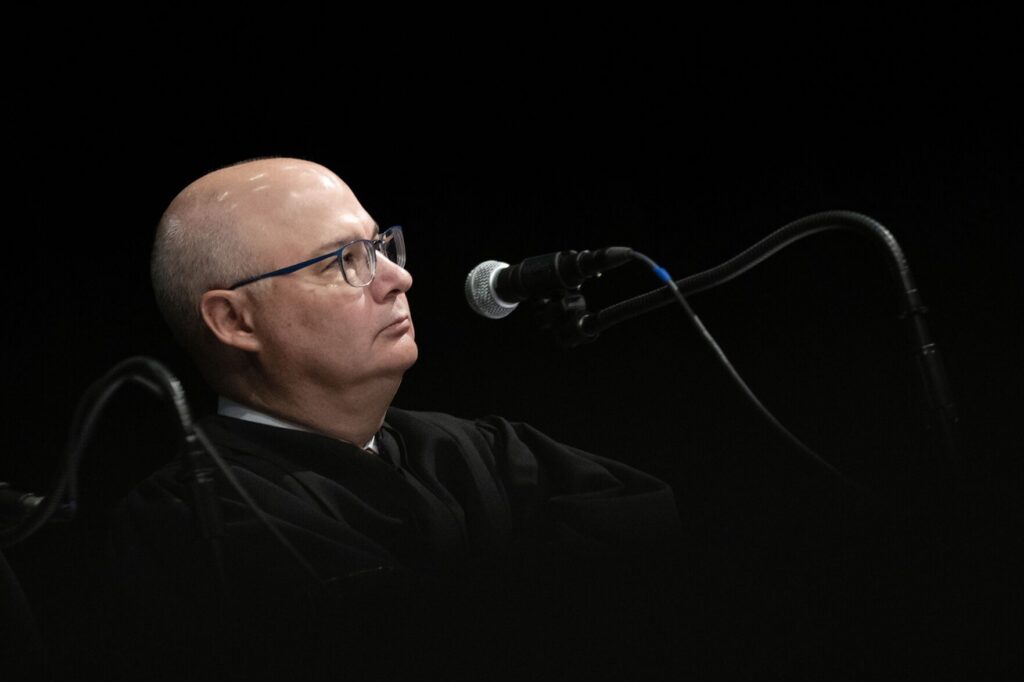Federal highway funding bill forces Colorado to strengthen DUI laws; Bennet wins state’s most expensive election | A LOOK BACK
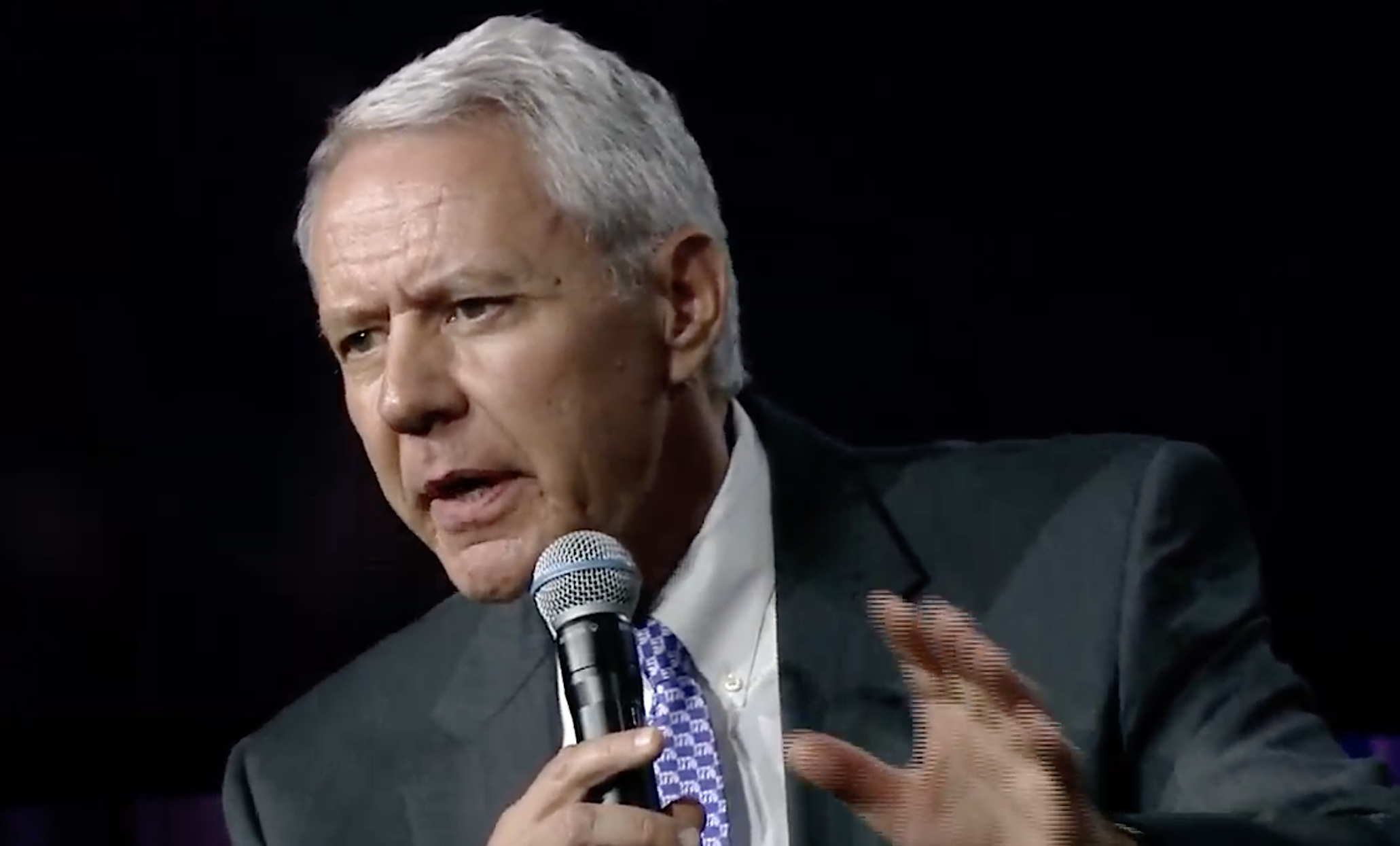
Thirty-Five Years Ago This Week: “Coloradans are being held hostage with our own tax dollars,” state Senate President Ray Powers, R-Colorado Springs, wrote in a guest editorial published in the The Colorado Statesman.
Powers called the federal government “relentless in its blackmail scheme to force states to adopt federal DUI standards or face the financial consequences.”
Congress had recently passed a transportation funding bill that included a provision requiring states to lower their blood alcohol content limits to 0.08. States that failed to comply by October 2, 2003 would lose 2% of their federal highway funds, increasing by 2% every year of noncompliance up to 8%.
Colorado and several other states set the BAC legal limit at 0.10, but Colorado statutes allowed for police officers to charge for impaired driving down to 0.05 BAC. Nevertheless, if Colorado failed to comply with the new federal transportation statute the state would stand to lose $4.9 million and up to $19.8 million.
“Last session, a bill was introduced to the Colorado legislature to reduce our BAC level to 0.08,” Powers wrote. “However, that bill was killed on its very first hearing in the House Transportation Committee. Despite optimistic forecasts from groups like MADD (Mothers Against Drunk Driving), there is no conclusive evidence that the lower legal limit would save lives.”
Powers also argued that highway safety research overwhelmingly supports the conclusion that the majority of alcohol-related driving fatalities involve high BAC levels, the average fatality at 0.17.
“By targeting 0.08 drivers, we’ll be nabbing social drinkers but doing nothing to reduce the number of chronic drunk drivers,” Powers said. “If we were to give in and lower our standard, where would it end? Next year you’d have groups clamoring for 0.06 or lower.”
Powers suggested that instead of the focusing on lowering the DUI standard for BAC, efforts should be concentrated on removing the people driving at 0.10. This included programs like the Colorado State Patrol’s “The Heat is On.”
Statistics from the U.S. Department of Transportation and the National Highway Traffic Safety Administration showed that drunk driving fatalities had decreased by 28% between 1986 and 1995.
“Like so many public policy issues … the answer isn’t always more laws,” Powers wrote. “We need to enforce existing laws. The issue isn’t the 0.08 limit … it’s about states being able to set their own highway and public safety standards.”
Fifteen Years Ago: Labelled the closest U.S. Senate race in the country, Democrat Sen. Michael Bennet claimed victory over Republican Ken Buck after a very late night waiting for results from four counties.
Appointed to the seat nearly two years previously by Gov. John Hickenlooper, Bennet a was a political novice, formerly serving as the superintendent of Denver Public Schools.
“This morning the prognosticators and pundits are spending a lot of time directing this election, diving this country into red and blue, winners and losers,” Bennet said at a press conference outside the Denver Museum of Nature and Science. “They will go state by state, arguing who deserves blame and what the results mean for the next election. And when they get to Colorado, let me tell you, they’re not going to know what happened.”
The Senate race truly was “one for the record books” as Bennet termed it. The race was the closest Senate election in Colorado for more than five decades and with spending by candidates and outside groups totaling nearly $40 million, it was the most expensive election of any kind in state history.
Both Buck and Bennet had spent the days leading up to the election criss-crossing the state. Bennet’s campaign manager Craig Hughes claimed the face-to-face contact with voters was what had sealed Bennet’s win.
“It was about 5 votes per precinct,” Hughes said of the narrow margin. “The door-to-door contact, delivering the message to the voters, moving past political games … made all the difference.”
Rachael Wright is the author of several novels including The Twins of Strathnaver, with degrees in Political Science and History from Colorado Mesa University, and is a contributing columnist to Colorado Politics, the Colorado Springs Gazette and the Denver Gazette.



